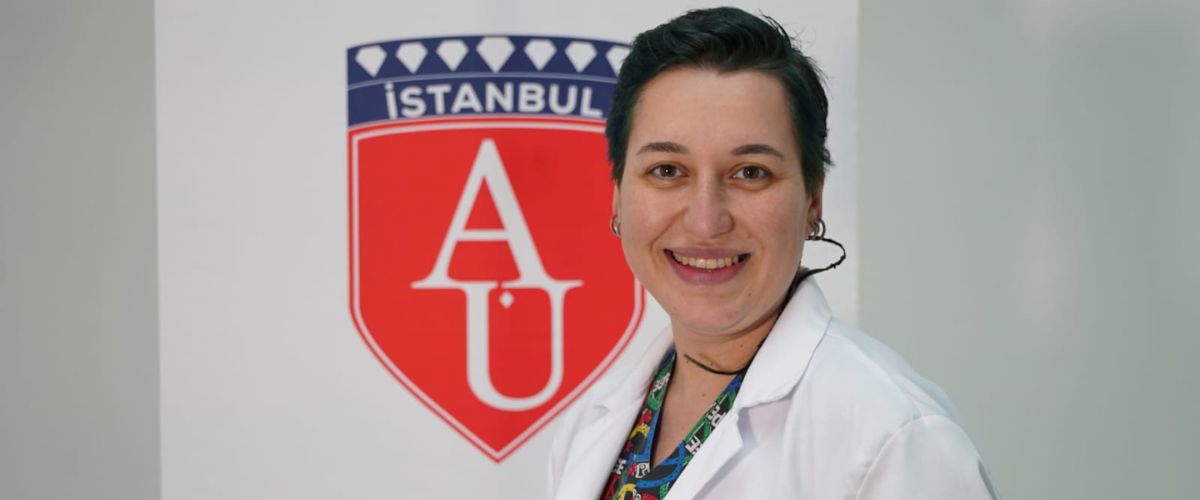Attention to Sahura in Ramadan
Ramadan has started. Altınbaş University Lecturer. Assist. Özlem Demir made suggestions for a healthy, adequate and balanced diet for those who fast;
Altınbaş University Health Services Vocational School Instructor Özlem Demir emphasized the importance of consuming at least two meals a day during the month of Ramadan for maintaining adequate and balanced nutrition; she particularly noted the dangers of skipping the pre-dawn meal (sahur) for health.
Instructor Özlem Demir stated, "Skipping meals can extend the fasting period by at least 5 hours. This can cause your blood sugar to drop earlier than iftar and lead to many problems in your daily life."
Contrary to the slowdown in metabolism at night, Özlem Demir reminded that the speed of conversion of meals into fat increases, which accelerates weight gain. Therefore, Demir emphasized the completion of sahur with meals consisting of soups, light watery dishes, salads, dairy products, or a light breakfast. She advised to avoid excessively salty and fatty foods and pastries for sahur.
Özlem Demir also mentioned the importance of resisting the urge to overeat at iftar and suggested consuming small portions at intervals instead of large portions at once. She stated, "Especially during iftar, meals should be consumed slowly and thoroughly chewed. It is best to start with appetizers, followed by soup. It is advisable to wait at least 15 minutes before starting the main course."
To meet the fluid needs between iftar and sahur, Demir recommended consuming at least 2 liters of water. She noted that supportive beverages such as buttermilk, milk, compote, fruit juice, and tea would be beneficial during this period, even if there is no feeling of thirst.
Demir recommended avoiding fried foods, pastries, rice pilaf, or potatoes that rapidly increase blood sugar levels at iftar. She said, "Instead, it is better to prefer whole grain or bulgur products. It is healthier to satisfy the need for sugar with milk-based desserts or even fruit rather than syrupy desserts after iftar."
Özlem Demir warned diabetes patients, pregnant women, breastfeeding mothers, geriatric patients, and school-age children to consult a doctor and dietitian before fasting due to the risk of affecting their health. She explained that even in the absence of illness, individuals whose health is negatively affected should consider taking a break from fasting, and individuals whose health condition is not suitable for fasting should evaluate their situations carefully.
Although they do not recommend any exercise during fasting hours, Demir said that mild-paced exercise lasting no more than 20-30 minutes could be done up to three times a week after iftar. Demir especially mentioned that post-iftar walks increase bowel movements, prevent constipation, and help with better sleep at night. She said, "Eating healthily during this month when we change our normal eating habits will keep our immune system strong. After Ramadan, during the holiday, we should pay attention to the same warnings. We should adapt the body to the normal routine gradually."


